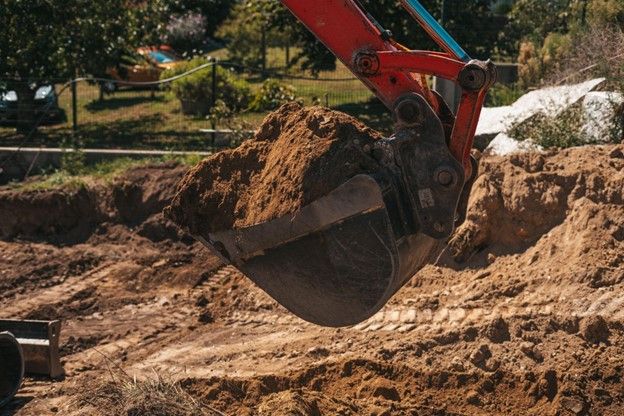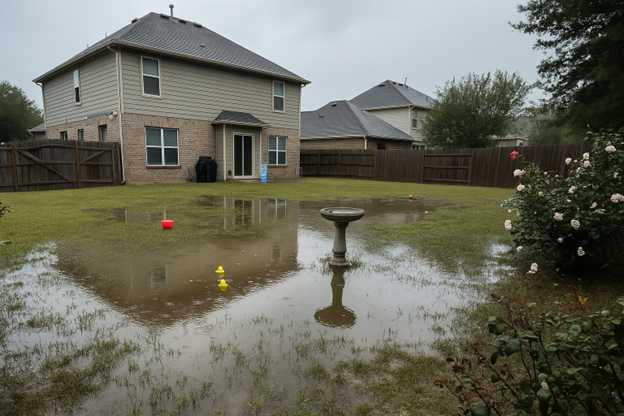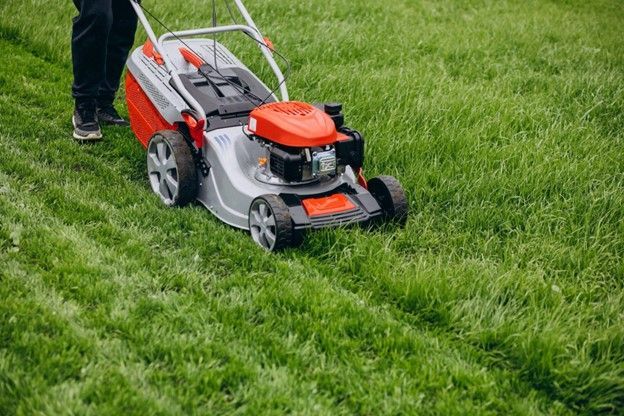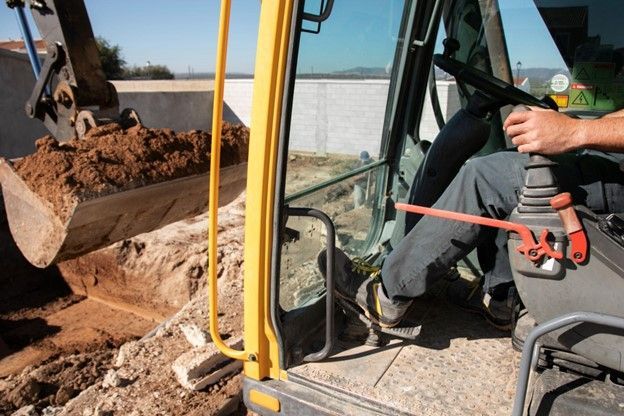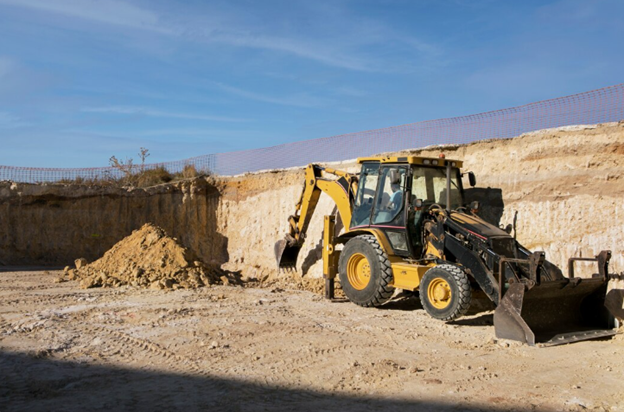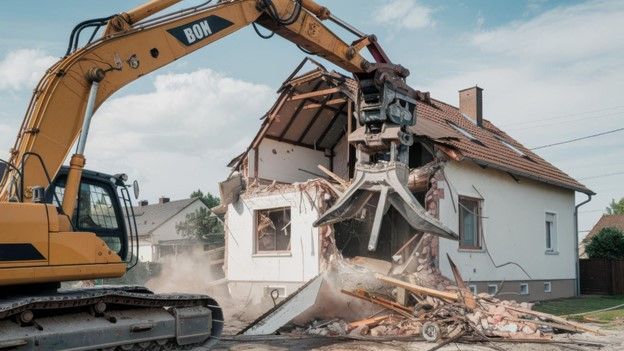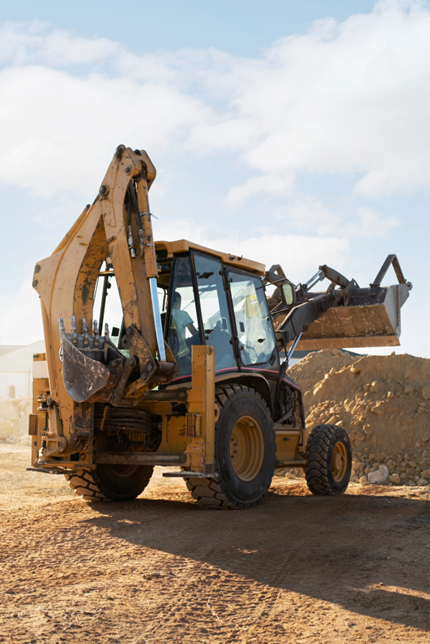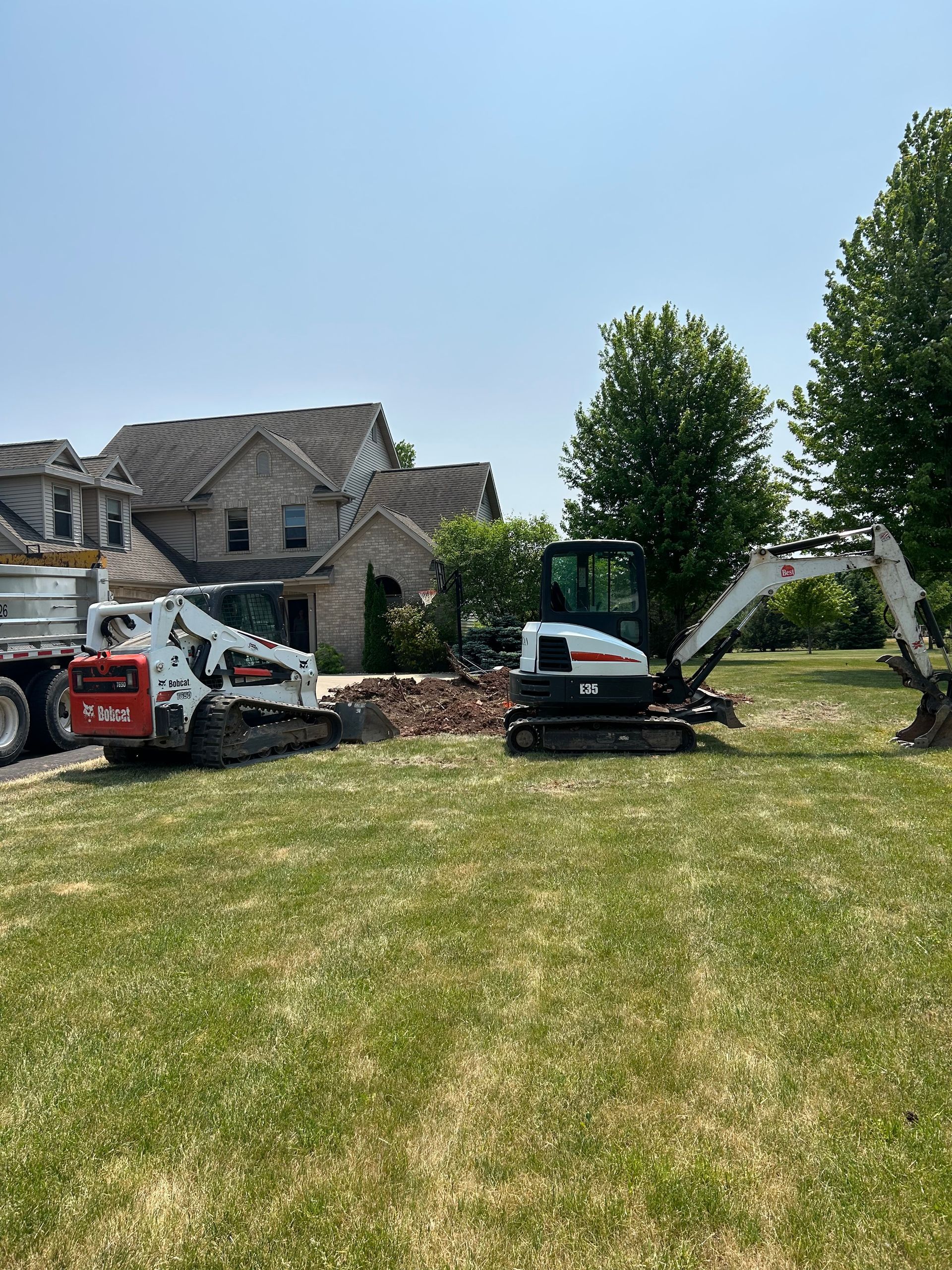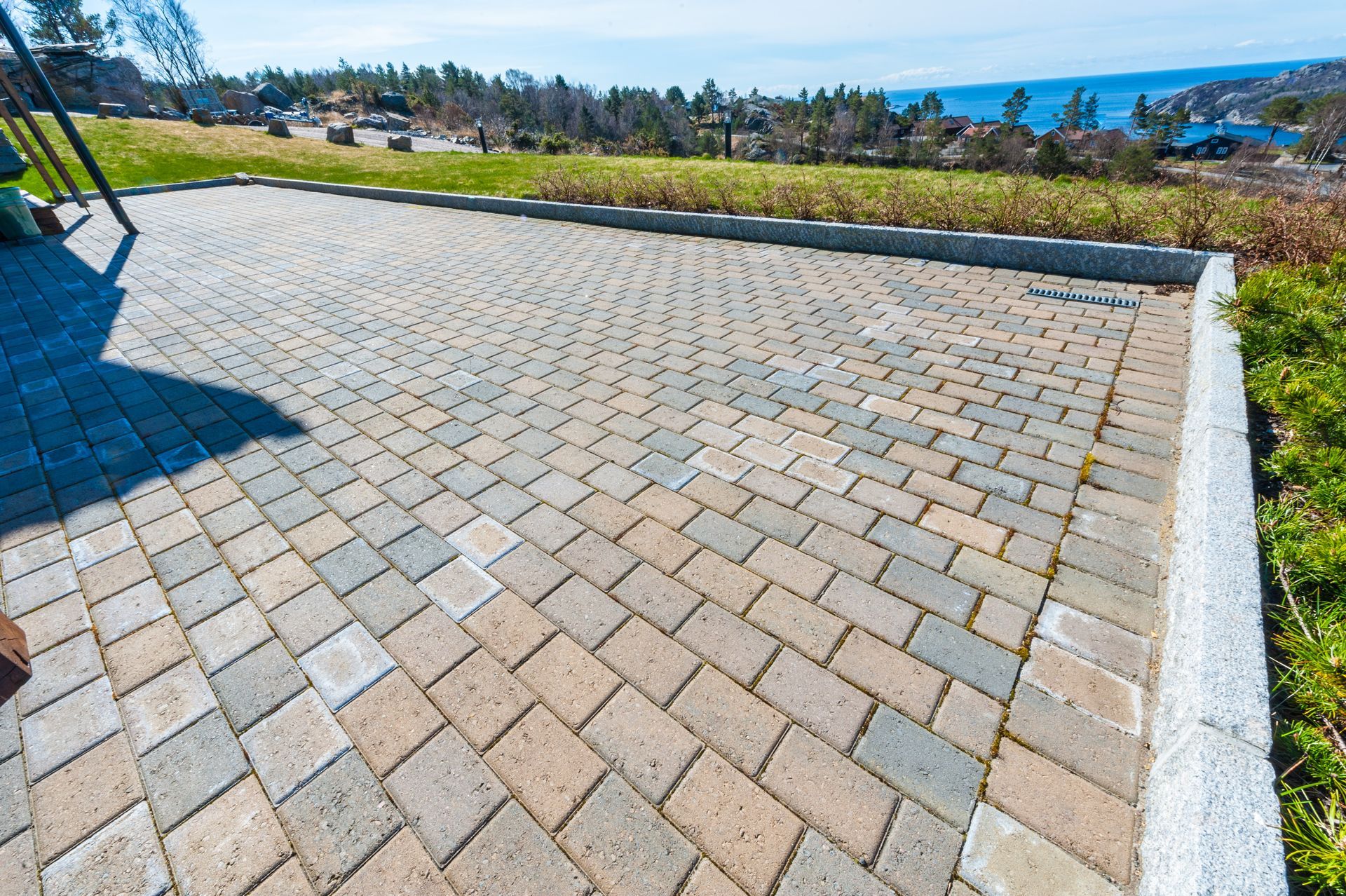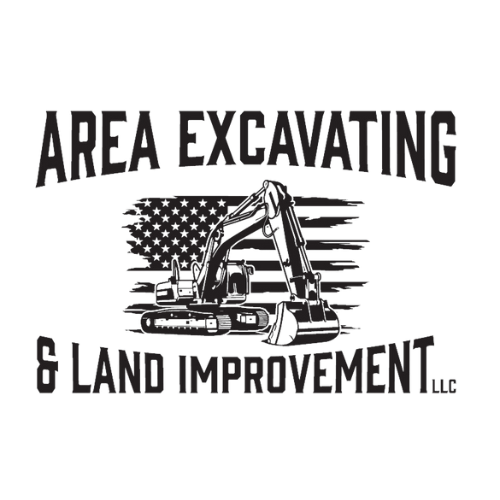How Soil Type Affects Excavation in the Fox Valley Area
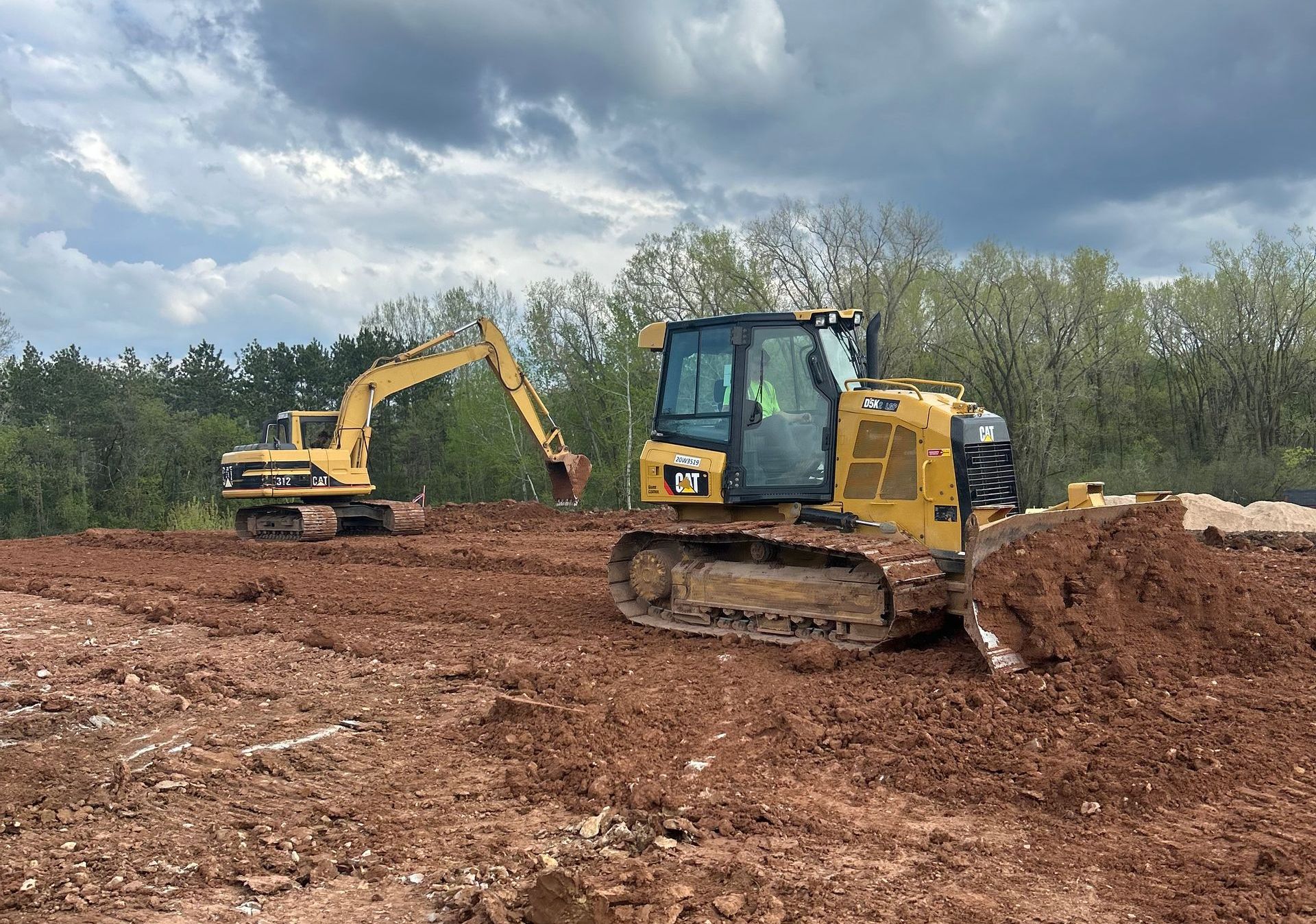
Why Understanding Your Ground Conditions Matters Before You Dig
Not all dirt is created equal—especially when it comes to excavation. The type of soil on your property plays a major role in how excavation is planned, how long it takes, and what challenges might arise. In the Fox Valley area, including Neenah, Menasha, Appleton, and surrounding communities, a wide variety of soil types means no two jobs are ever the same.
At Area Excavating & Land Improvement, we’ve worked in just about every soil condition Eastern Wisconsin has to offer. Here’s what you should know about how soil impacts excavation—and why hiring a local expert makes all the difference.
Common Soil Types in the Fox Valley (and How They Impact Digging)
1. Clay Soils
Clay is common in many parts of the Fox Valley and is known for its density and poor drainage. While it can be stable when dry, clay becomes extremely sticky and heavy when wet, making it difficult to work with and prone to shifting.
- Challenges: Poor drainage, slower excavation, potential for foundation movement
- Excavation Tip: Clay-heavy sites may require additional grading or drainage solutions to manage runoff and water saturation.
2. Sandy Soils
Sandy soil is easier to dig and drain but offers less natural stability. It can cave in easily during trenching or foundation work without proper support.
- Challenges: Unstable trench walls, potential for erosion or washouts
- Excavation Tip: Use trench boxes or shoring and consider compacting layers if building on sandy terrain.
3. Loamy Soils
Loam is the ideal mix of sand, silt, and clay. It offers good drainage and structure, making it one of the easiest soils to work with during excavation.
- Challenges: Minimal, but may still require compaction
- Excavation Tip: Take advantage of loamy soils for landscaping or grading projects that require plantings or lawn installation.
4. Rocky or Gravel-Based Soil
In more rural or hilly parts of the Fox Valley, you may encounter gravel beds or layers of rock. These areas can be unpredictable and slow down excavation.
- Challenges: Equipment wear, slower progress, need for specialized tools or blasting
- Excavation Tip: Plan ahead for potential delays and increased costs if hard layers are detected during site evaluation.
Why Soil Type Should Be Evaluated Before Excavation Starts
Skipping a soil analysis can lead to delays, unexpected costs, and even structural problems after the job is complete. Whether you’re digging for a foundation, septic system, drainage correction, or landscaping work, the ground you’re working with determines:
- What equipment is needed
- How deep you can safely dig
- Whether additional drainage or reinforcement is required
- How to properly backfill and compact after excavation
How We Handle Soil Challenges at Area Excavating
With years of experience in Neenah and across the Fox Valley, we don’t just move dirt—we understand it. Our team evaluates every site thoroughly before breaking ground. That means better planning, safer work, and a finished product built to last.
We handle:
- Residential and commercial excavation
- Septic and drainage system prep
- Driveway and site grading
- Land improvement and erosion control
Need a Site Evaluated Before You Dig?
If you’re planning a project that requires excavation or grading, let the pros at Area Excavating & Land Improvement help you avoid surprises. We know the soils of the Fox Valley and how to work with them—not against them.

